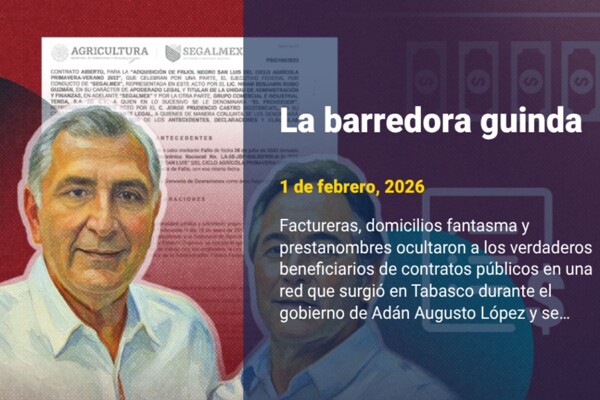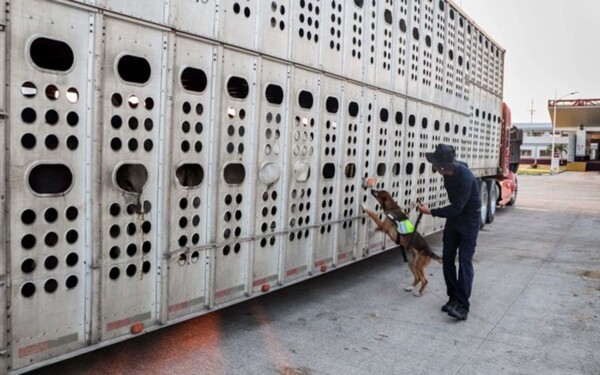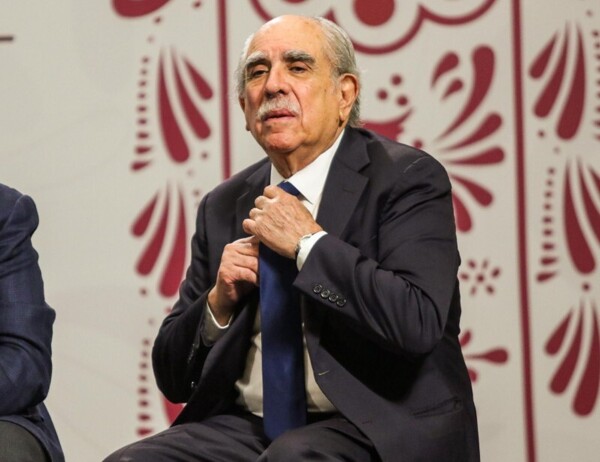
The head of government of Mexico City, Claudia Sheinbaum, announced the deadline for reaching an agreement to avoid the tariffs imposed by Donald Trump on Mexico. The deadline set by the President of the United States expires on March 4. During her morning conference on February 24, Sheinbaum expressed that, if necessary, she would seek another phone call with Trump to achieve an agreement.
According to Sheinbaum, negotiations continue to establish agreements prior to the deadline imposed by Trump. The Mexican Secretary of Economy, Marcelo Ebrard, held a meeting with Howard Lutnick, U.S. Secretary of Commerce; however, the details of the agreements have not been specified as conversations continue with a delegation from the Secretary of Economy and Finance.
The president emphasized the importance of prioritizing the relationship and trade agreement with the United States, requesting that priority be given to trade agreements with Mexico and Canada.
Trump's threat to impose tariffs on Mexico and Canada, as well as on steel, aluminum, gas, and oil, remains in effect. The deadline expires on March 4, and Mexico is working to meet the required conditions, including stopping the flow of migrants and drug trafficking, such as fentanyl. The demonstration of commitment was the sending of more than 10,000 members of the National Guard to the border.
The 'pause' in tariffs was announced by Sheinbaum after a call with Donald Trump on February 3, while Mexican officials have kept dialogues with the U.S. to avoid tariff threats.
Trump has justified the tariffs on steel and aluminum by arguing national security reasons. These types of materials are widely imported and could threaten the country's security. The tariffs would affect products such as steel sheets and rebar used in the automotive and construction industries, among others. The taxes would come into effect on March 12 and would impact Argentina, Australia, Canada, Mexico, the United Kingdom, and the European Union.














